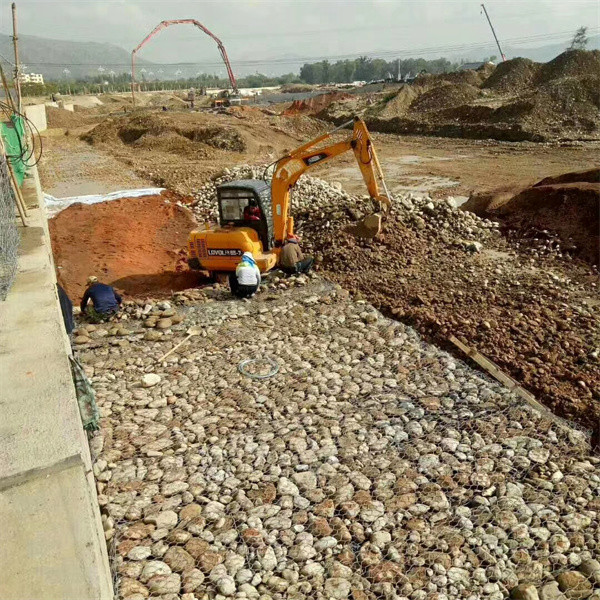Sht . 07, 2024 00:09 Back to list
Premium Gabion Box Sizes - Durable & Versatile Solutions
Exploring Gabion Box Sizes and Their Importance in Modern Construction
Gabion boxes, wire mesh containers filled with stones or other materials, have gained significant popularity in the construction and landscaping industries. They provide a versatile solution for erosion control, landscaping, and even decorative elements in various projects. As more manufacturers enter the market, understanding the available sizes of gabion boxes and their applications is essential for making informed decisions.
What Are Gabion Boxes?
Gabion boxes are made from heavy-duty wire mesh, typically galvanized to withstand harsh environmental conditions. These boxes can be filled with various materials such as rocks, concrete, or even recycled materials. The primary purpose of gabion boxes is to create sturdy retaining walls, barriers, and other structural applications that can withstand significant pressure and erosion forces.
Importance of Size in Gabion Boxes
The size of a gabion box plays a crucial role in its functionality and aesthetic appeal. Manufacturers offer a wide range of sizes to cater to different needs. Common sizes include 1x1x1 meters, 1x2x1 meters, and larger configurations, which can reach several meters in length and height. Choosing the right size depends on the specific project requirements, such as the area to be covered, the desired height for retaining walls, and the volume of fill material available.
Standard Gabion Box Sizes
Manufacturers typically provide gabion boxes in standardized dimensions, which simplifies the planning and design process for both contractors and DIY enthusiasts. Some of the standard sizes include
gabion box sizes manufacturer

1. 1m³ Gabion Box This size is ideal for small landscaping projects, where minimal space is required. It can be effectively used for garden borders or small retaining walls.
2. 2m³ Gabion Box Suitable for larger landscaping and civil engineering projects, these boxes can support more significant weight and provide better erosion control.
3. Custom Sizes Many manufacturers also offer customizable options, allowing clients to specify dimensions that fit unique project needs. This flexibility is crucial for large-scale developments and specialized applications.
Applications of Gabion Boxes
The versatility of gabion boxes means they can be used in various applications, including
- Erosion Control Placing gabion boxes along riverbanks or slopes can significantly reduce soil erosion caused by water runoff. - Retaining Walls They provide excellent support for retaining walls, helping to hold back earth and prevent landslides. - Landscaping Features Gabion boxes can be designed to serve as decorative garden features, flower beds, or seating areas. - Flood Control In flood-prone areas, gabion walls can help manage water flow and protect properties.
Conclusion
Gabion boxes are an invaluable asset in modern construction and landscaping, thanks to their durability, cost-effectiveness, and aesthetic appeal. By understanding the different sizes offered by manufacturers, clients can choose the right gabion box for their specific needs. Whether for erosion control, structural support, or creative design, gabion boxes are a reliable solution that continues to gain traction in the industry. As trends evolve, their adaptability ensures they remain relevant in addressing contemporary environmental challenges.
-
Why PVC Coated Gabion Mattress Is the Best Solution for Long-Term Erosion Control
NewsMay.23,2025
-
Gabion Wire Mesh: The Reinforced Solution for Modern Construction and Landscape Design
NewsMay.23,2025
-
Gabion Wall: The Flexible, Seismic-Resistant Solution for Modern Landscaping and Construction
NewsMay.23,2025
-
Gabion Wall Solutions: The Durable, Decorative, and Affordable Choice for Every Landscape
NewsMay.23,2025
-
Gabion Basket: The Durable and Flexible Alternative to Traditional Retaining Walls
NewsMay.23,2025
-
Gabion Basket: The Proven Solution for Slope Stability and Flood Control
NewsMay.23,2025
-
Versatility of Chain Link Fence Gabion
NewsMay.13,2025






